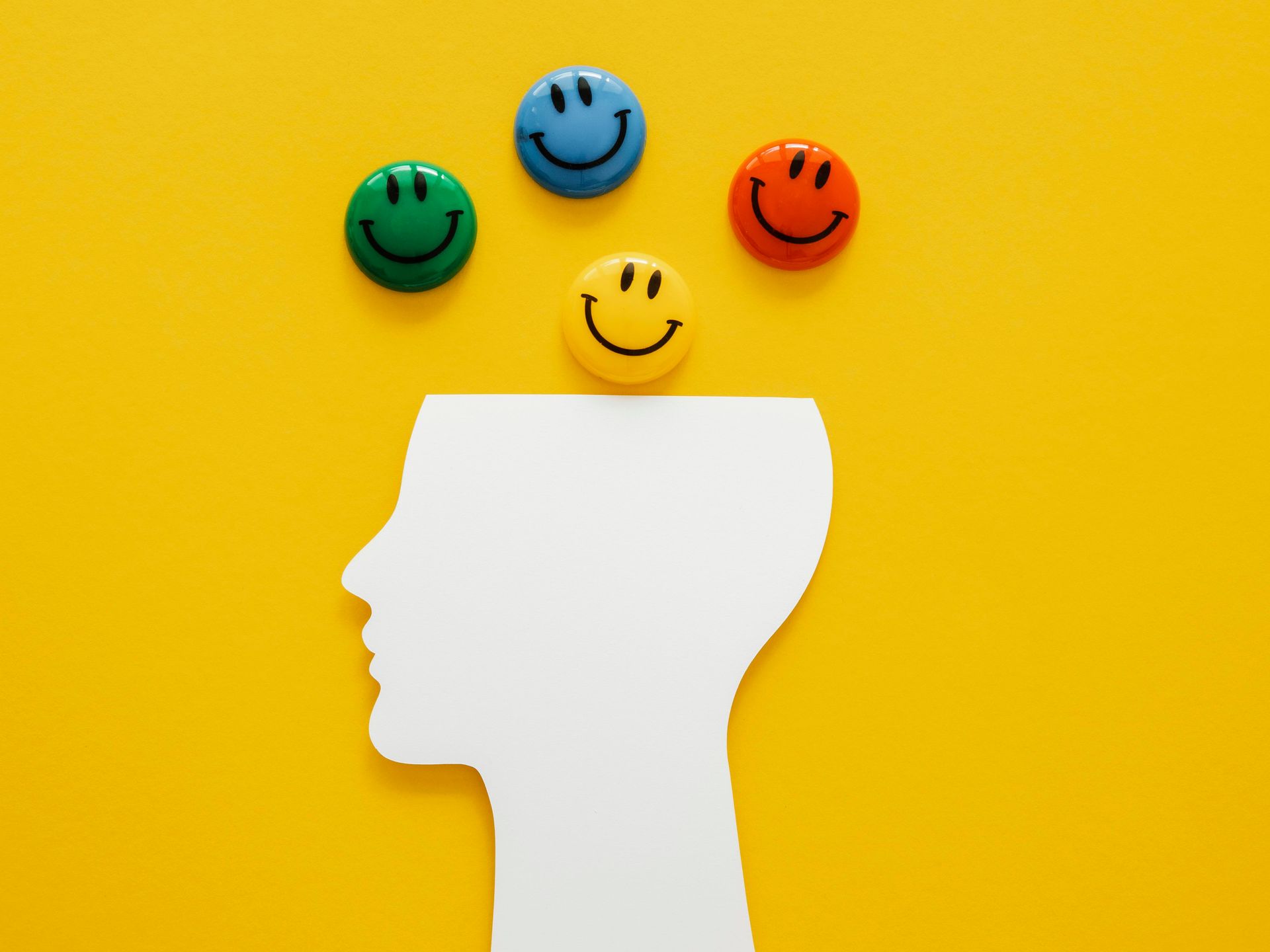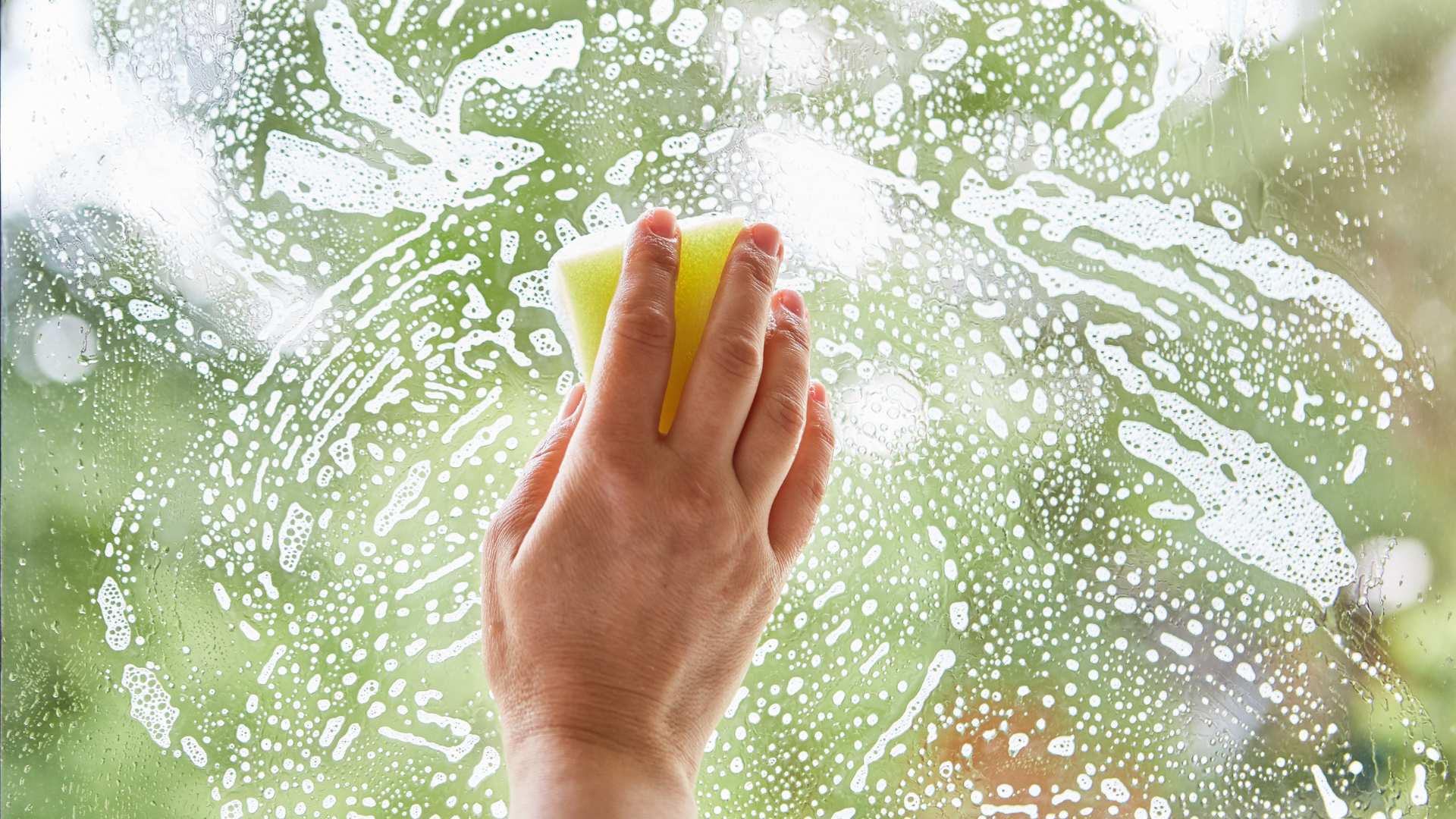Emotional Wellness: Practical Strategies and Clinical Interventions For Emotional Health

By Thrive Wellness Reno Outpatient Clinical Lead & Therapist Lynn Carver, LCSW
By allowing individuals to face adverse circumstances with resilience, emotional wellness influences overall quality of life. Overlapping with mental and physical health, emotional wellness also impacts general well-being. When a person’s emotional health is suffering, mental health therapy can help them process their pain, manage their emotions, and develop skills for lasting emotional wellness.
WHAT IS EMOTIONAL WELLNESS?
Emotional wellness is the ability to handle stress , adapt to change, and prevail through difficult times. A state of being, emotional wellness can ebb and flow. Those with adverse childhood experiences (ACEs) , trauma , and mental or physical illness are more at risk for acute emotional struggles, such as emotional dysregulation , which coincides with many mental and behavioral health disorders. Additional factors that can deteriorate emotional wellness include:
- Lack of physical activity
- Inadequate sleep
- Misuse of drugs or alcohol
- Physical illness
- Poor nutrition
STRATEGIES FOR PROMOTING EMOTIONAL WELLNESS
By focusing on bettering the fundamental elements of one’s life, a person can promote emotional wellness and protect against prolonged periods of emotional pain.
Ways to support emotional wellness include:
- Eating adequately, consistently, and from a wide range of food groups
- Caring for one’s hygiene
- Going to work or school
- Incorporating positive experiences into one’s life
- Practicing good sleep hygiene
- Practicing mindfulness strategies
- Refraining from misusing drugs and alcohol
Related: Integrating Self-Love, Self-Care, Self-Compassion, and Self-Respect For Enduring Self-Esteem
These strategies for improving emotional health may seem simple, but depending on the intensity, frequency, and duration of a person’s emotional suffering, the process may be more complex and require deep therapeutic work.
A HOLISTIC APPROACH TO EMOTIONAL WELLNESS
The mind, body, and emotions are interrelated . Unfortunately, this means that a person can become stuck in a negative feedback loop that propels their overall health into a downward spiral. However, changing any one factor — whether it’s one’s thoughts, body sensations, or emotional outlook — can stop the downward spiral and promote wellness.
Some examples of this include:
- Changing one’s thought patterns from catastrophizing to describing without judgment can settle the mind, emotions, and body sensations
- Engaging in an activity that elicits positive emotions can evoke positive thoughts and body sensations
- Using distress tolerance skills that encourage acceptance of undesirable circumstances can calm one’s body sensations, emotions, and thoughts
Professional mental health support can guide individuals in implementing these shifts and advancing their emotional health.
WHEN TO SEEK CLINICAL SUPPORT FOR EMOTIONAL HEALTH
If a person is experiencing depression , anxiety , or difficulties adjusting to loss or change, they may benefit from attending therapy, which can help foster their emotional wellness. Additional signs that a person’s emotional health could benefit from clinical treatment include experiencing periods lasting two or more weeks of:
- Agitation
- Anxious mood
- Decreased motivation
- Depressed mood
- Hopelessness
- Poor appetite
- Slowed thinking or body movements
- Thoughts of death
- Urges to avoid role obligations
Similarly, a person may benefit from professional help for emotional health if they find it difficult to:
- Create and maintain healthy relationships
- Hold a job or attend school
- Keep oneself and others safe
- Leave their house
- Manage their anger
TREATMENT TO SUPPORT EMOTIONAL HEALTH
Emotional pain is an inevitable part of life, but persistent emotional suffering can be improved or eliminated through therapeutic support.
Treatment modalities for emotional struggles include:
- Individual psychotherapy: Traditional talk therapy that involves a single client and their therapist.
- Family psychotherapy: Therapy that involves a family and therapist.
- Group psychotherapy: A therapist-led group of individuals facing similar mental or behavioral health struggles.
- Psychotropic medication management: Medication prescribed to the client to help with their mood, often implemented alongside mental health therapy.
- Skills coaching : An intervention that emphasizes the integration of practical strategies and can involve real-time coaching from the therapist outside of regular sessions.
- Substance abuse treatment: A specialized form of therapeutic support that helps individuals who struggle with addiction.
- Occupational therapy : A practice that helps empower individuals to participate in meaningful daily activities by teaching them different types of skills.
- Recreational therapy: A modality that leverages therapeutic recreational experiences .
EMOTIONAL HEALING AT THRIVE
Our multidisciplinary specialists are skilled in a variety of therapeutic interventions for treating emotional struggles and any associated mental or behavioral health conditions. By approaching client care in a way that accounts for the interconnectedness of the mind, body, and emotions, our clinicians work to help individuals achieve holistic healing. To learn more about our outpatient therapy services for mental and behavioral health, reach out .
About the Author
Thrive Wellness Reno Outpatient Clinical Lead & Therapist Lynn Carver, LCSW
Lynn Carver, LCSW, earned both her bachelor’s and master’s degrees in social work from the University of Nevada, Reno (UNR). She is an intensively-trained dialectical behavior therapy (DBT) therapist and is also trained in trauma-focused cognitive behavioral therapy (CBT), mindfulness-based stress reduction (MBSR), child-centered play therapy (CCPT), and Internal Family Systems (IFS) modalities. Lynn is also an experienced DBT educator who has trained clinicians, line staff, families, local agencies, and multiple army bases across the nation.
Her experience spans all levels of care — outpatient, inpatient, intensive outpatient, and residential — and also includes supervising clinical interns, serving in various leadership roles within agencies, and teaching undergraduates in the school of social work at UNR by Letter of Appointment (LOA). In addition to her traditional career experience, Lynn has provided pro-bono services through the National Education Alliance for Borderline Personality Disorder (NEABPD) and various community-oriented organizations.
Lynn specializes in treating children and adults with borderline personality features, trauma histories and behavioral concerns, and eating disorders as well as depression, anxiety, mood disorders, and attachment issues. Her passion is helping clients create a life worth living unique to them by partnering with them to identify and reduce behaviors that interfere with their quality of life. She strives to help individuals and families learn, practice, and build mastery around more effective responses to emotional pain. In every endeavor, she is committed to continually acknowledging and advocating for the unconditional worth and value of all people.
Outside of work, Lynn enjoys being a grandmother to five granddaughters and one grandson. She loves spending time at the beach and her personal favorite quote is “Don’t try to win over the haters; you are not a jackass whisperer,” by best-selling author and marketing executive Scott Stratten.
The post Emotional Wellness: Practical Strategies and Clinical Interventions For Emotional Health first appeared on Thrive Wellness.

Start your healing journey today
NEXT STEPS
Are you ready to find hope? We can't wait to connect you with the care you need. To get started with us, please reach out using the link below.

Obsessive Compulsive Disorder

Perinatal
Mental Health
Obsessive Compulsive Disorder
Perinatal
Mental Health
SITE MENU
THRIVE LOCATIONS
Reno, NV 89501
OCD & Anxiety Disorders
Luella Garvey House
Perinatal Mental Health
"It Takes A Village"
Virtual Program
All Rights Reserved | Thrive Wellness | PRIVACY POLICY





